Zephaniah Kingsley's Descendants Are Doing Fine in the Dominican Republic (Video)
9th-Generation Kingsley Still Lives on Land That Was Once the Family Farm, Echoes Famous Ancestor's Racial Tolerance
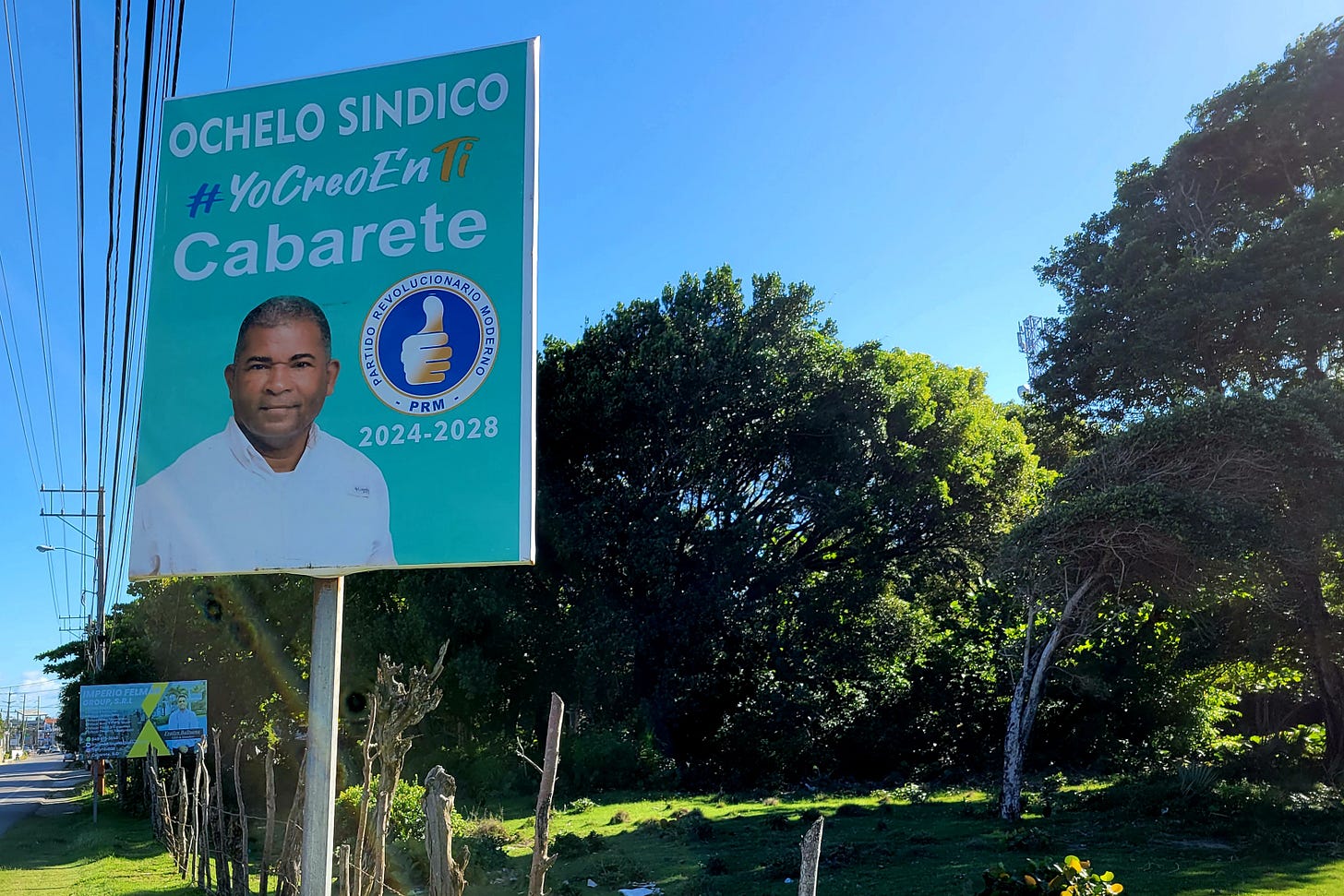
Francisco Javier Kingsley once worked as a waiter serving foreign visitors to Caberete on the North Coast of the Dominican Republic, famous as a kite-surfing capital. He has fished commercially and eventually managed a major restaurant.
Kingsley is now a Cabarete regidor, like a city councilor in the U.S. His family operates a colmado, a corner store in the Eslabon neighborhood.
Francisco Kingsley is a 9th-generation descendant of Zefaniah Kingsley, a British slaver who made an enormous fortune and established an interracial family in North Florida, beginning in what would later become Clay County. (That’s why there’s a Kingsley Avenue in Orange Park as well as a park and various businesses that honor the name.)
Francisco Kingsley said Dominican schools don’t really teach about those long-ago events, so the story about the origins of family name has been passed down orally from generation to generation.
CN&V Interview: Francisco Kingsley at His Family Store
Kingsley began with a 2,600-acre plantation called Laurel Grove along the shores of Doctors Lake and the St. Johns River, granted to him by the Spanish. His most famous of several North Florida holdings—totaling 32,000 acres—was Kingsley Plantation at Fort George Island along today’s Intracoastal Waterway north of Jacksonville.
Kingsley was a flamboyant guy, much admired during his time. Some said his humane approach to slavery was ahead of its time. Others said he was a hypocrite and an opportunist. When the United States took possession of Florida, he butted heads with American officialdom and a Southern-planter class that disliked his opinions on racial equality.
He held what many thought were mutually incompatible views. He defended slavery as an institution in America, while also voicing his admiration for Haiti, whose slaves had risen up and evicted their white masters and were trying build a nation on anti-slavery principles. It is no exageration to say that white planters in the American South were terrified by the Haitian example, as they slept in homes greatly outnumbered by the slaves surrounding them.
Kingsley had 11 children by four black women, all of whom he eventually freed. One he called wife; three others might be classified as mistresses or concubines. He wanted to ensure that the new American administration would not revoke their freedom or that of his children by them. He wanted them to have the same rights accorded to free blacks under former Spanish law.
Seeing the scorn that Florida’s new leaders had for freed black people, he decided to move his operation to Haiti, which was actively recruiting freed American slaves to come and farm the island of Hispaniola, which Haiti ruled in its entirety, having taken the Spanish parts by military force. (Haitian rule only last 20 years, after which two-thirds of the island became the Dominican Republic, including Caberete.)
Even though he was a slave-owner and white, Kingsley had a good relationship with Haiti’s leader. As a white man, he was forbidden own land in Haiti, but his adult son George could. The family was able to buy many thousands of acres of lush farmland and mahogany forest for next to nothing.
In 1838, he brought most of his extended and “complicated” family down to the Mayorasco de KoKa plantation, along with 50 freed slaves from Florida, who then became indentured servants to be released from their work contracts after nine years.
The fertility of Dominican soil is mind-boggling compared to the Florida sandscape. Kingsley’s people raised sugar, rice, coconuts, pineapples and bananas.
Kingsley died on a trip by sailing ship to New York, and historians say the Caberete enterprise eventually failed. Francisco Kingsley and the many descendants of the plantation’s former slaves might disagree.
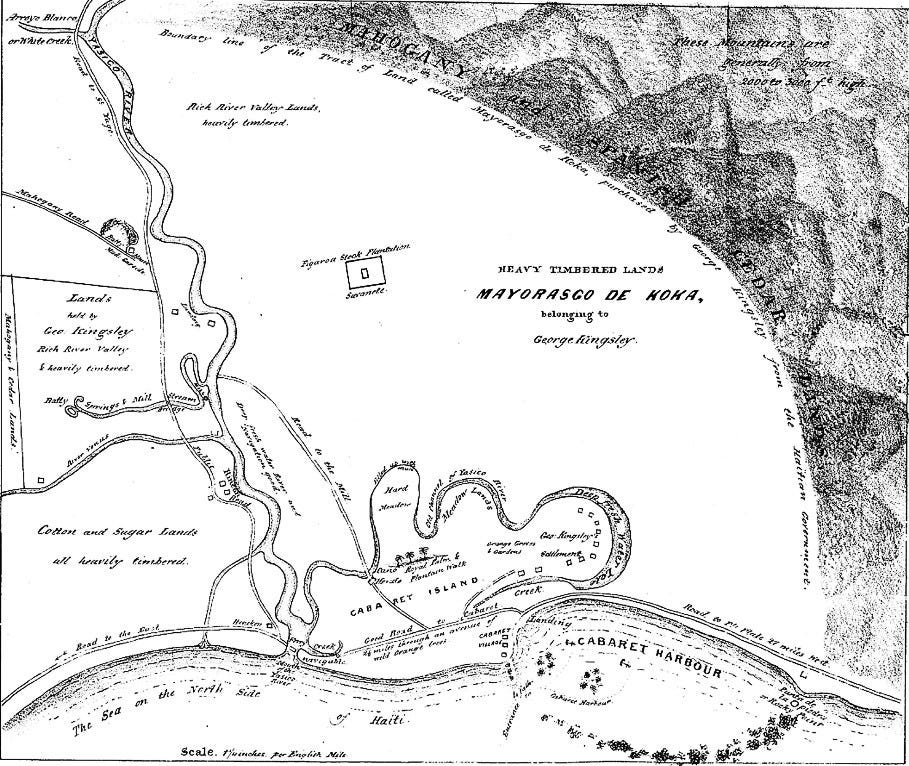
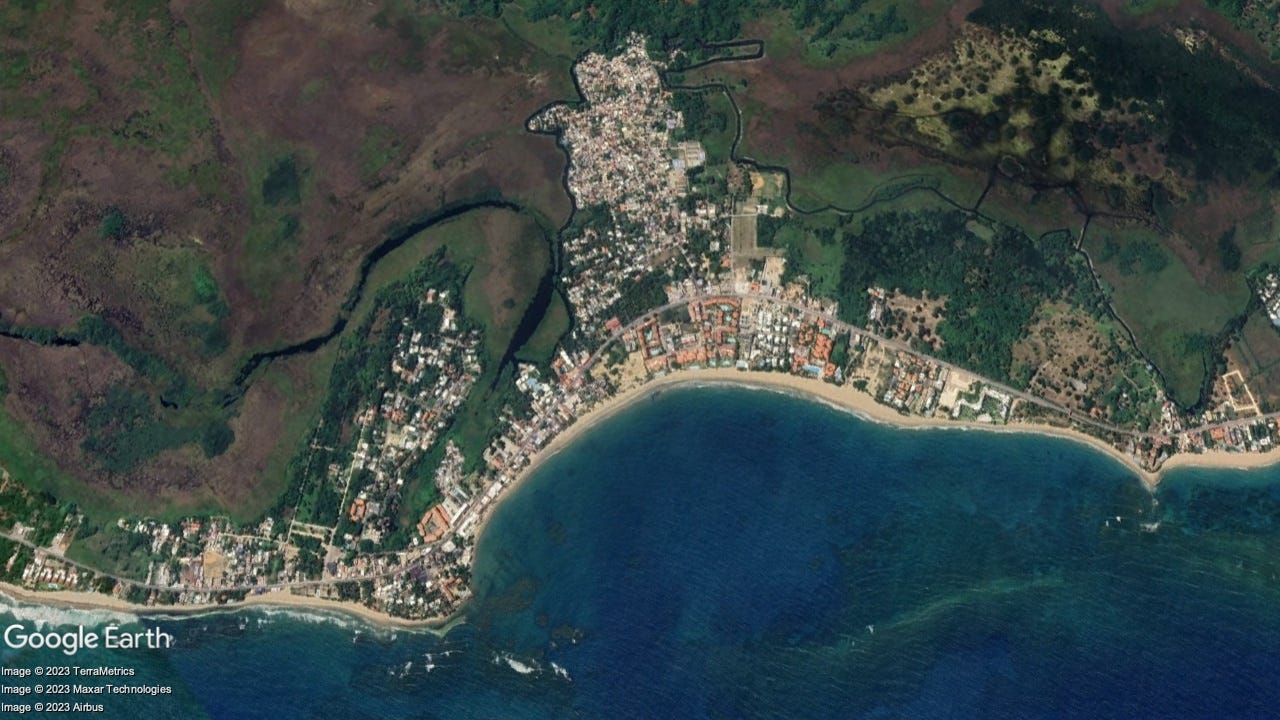



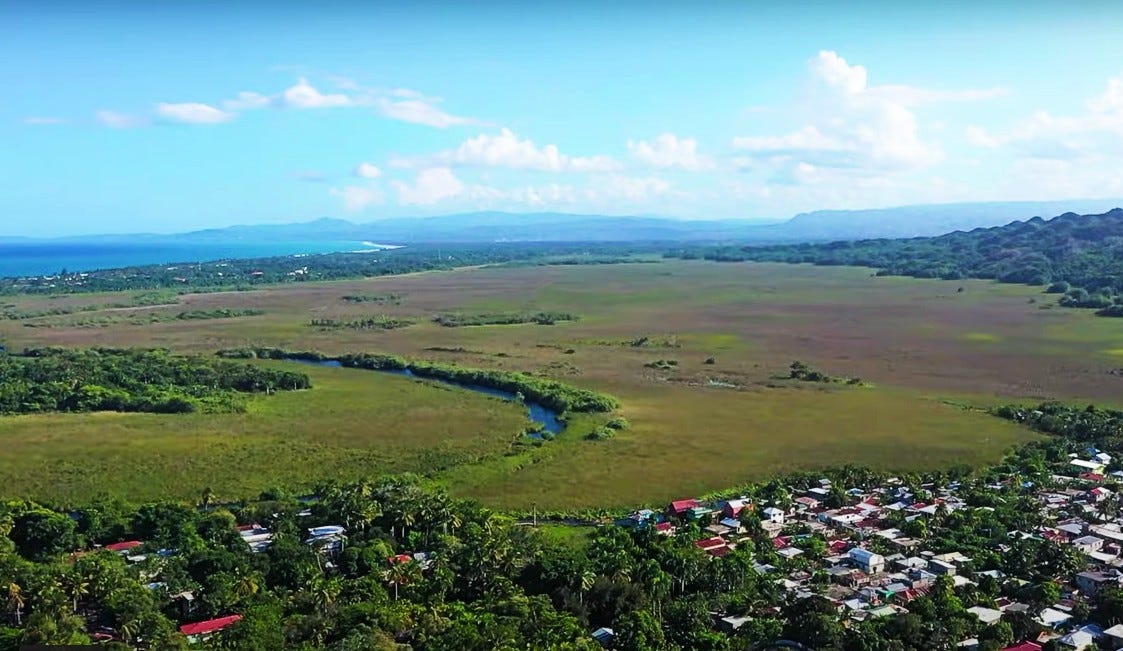
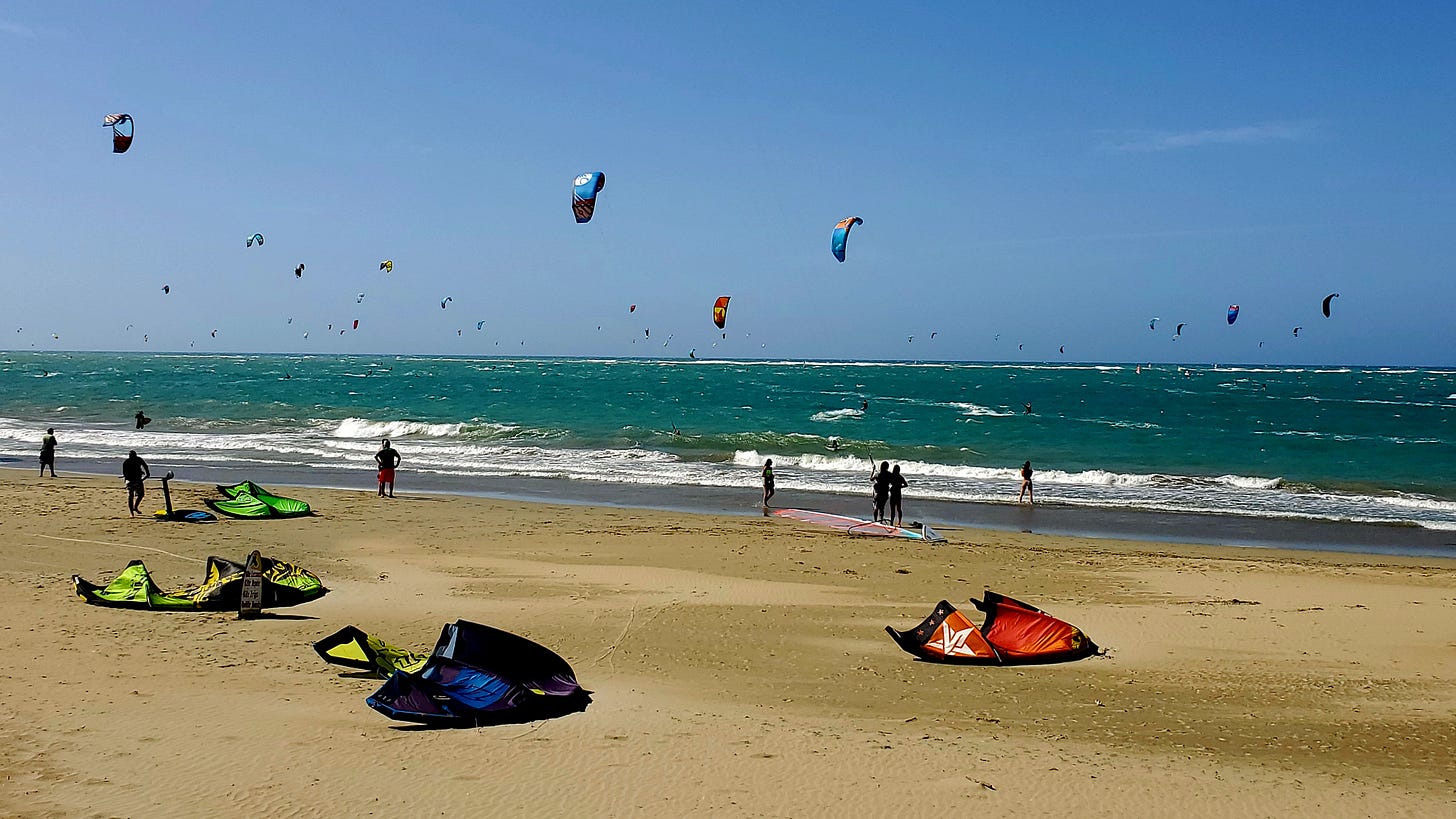
Este comentario es para el señor Lori, puedo probar con actas de nacimiento y con actas de defunción y certificados de títulos de propiedad que Francisco Javier Kingsley Castillo es desendiente directo de Zephaniah Kingsley, de hecho la propiedad más sercana al río Yasica le perteneció a su bisa abuela, Martha Rebeca Kingsley y otras dos hermanas de ella.
I'm decendant @zephanayaAMG its My Instagram músic